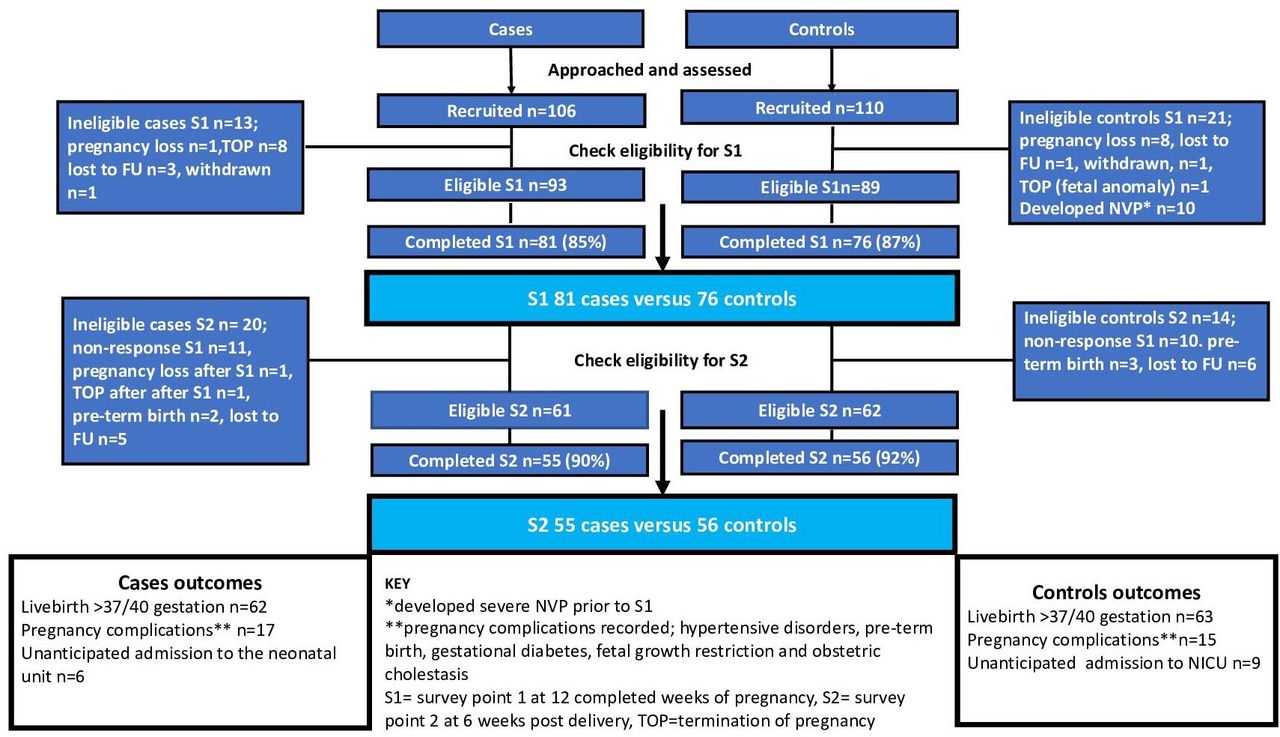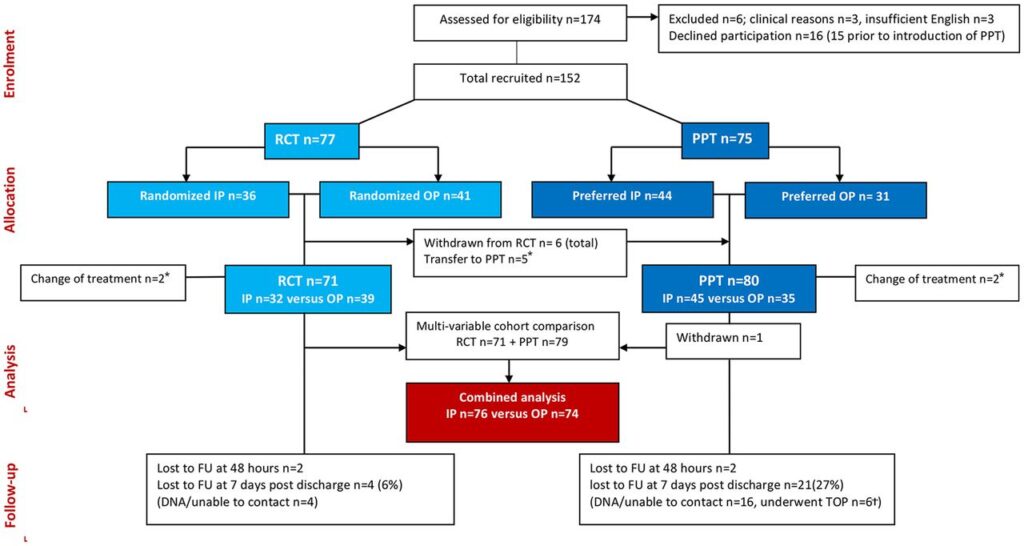Pregnancy is a transformative journey that brings joy and anticipation to many women. However, for some, it can also bring challenges such as severe nausea and vomiting, commonly referred to as Hyperemesis Gravidarum (HG). While mild nausea and vomiting are common during pregnancy, HG represents an extreme form of these symptoms, significantly affecting the health and well-being of both the mother and the unborn child. This article delves into the causes, symptoms, and care strategies associated with this condition.

Understanding Severe Nausea and Vomiting in Pregnancy
Severe nausea and vomiting during pregnancy go beyond the typical morning sickness experienced by many expectant mothers. Unlike regular morning sickness, which usually subsides after the first trimester, this condition can persist throughout the pregnancy and lead to serious complications if not managed properly. It is essential to understand what sets this condition apart and why it requires specialized attention.
What Is Hyperemesis Gravidarum?
Hyperemesis Gravidarum is a medical condition characterized by persistent and excessive nausea and vomiting during pregnancy. Unlike normal morning sickness, which affects up to 80 percent of pregnant women, Hyperemesis Gravidarum occurs in about 0.5 to 2 percent of pregnancies. The severity of the symptoms often leads to dehydration, weight loss, and electrolyte imbalances, making it a potentially life-threatening condition if left untreated.
Difference Between Morning Sickness and Hyperemesis Gravidarum
- Morning Sickness: Typically begins around the sixth week of pregnancy and improves by the 12th to 14th week. Symptoms include mild nausea and occasional vomiting, which do not interfere significantly with daily activities or nutrition.
- Hyperemesis Gravidarum: Starts earlier, often within the first four to six weeks of pregnancy, and can continue well into the second or third trimester. The vomiting is frequent and intense, leading to dehydration, malnutrition, and significant weight loss.
Causes of Severe Nausea and Vomiting During Pregnancy
The exact cause of severe nausea and vomiting during pregnancy remains unclear, but several factors are believed to contribute to its development. Understanding these factors can help in identifying those at risk and implementing preventive measures.
Hormonal Changes
Hormones play a crucial role in pregnancy, and their fluctuations can trigger nausea and vomiting. Elevated levels of human chorionic gonadotropin, estrogen, and progesterone are thought to be major contributors. These hormones are essential for maintaining the pregnancy but can also affect the digestive system, slowing down gastric emptying and increasing nausea.
Genetic Predisposition
Research suggests that genetics may influence the likelihood of developing severe nausea and vomiting during pregnancy. Women with a family history of the condition are at a higher risk, indicating that genetic factors may predispose some individuals to this problem.
Gastrointestinal Sensitivity
Some women may have a heightened sensitivity in their gastrointestinal tract, making them more prone to nausea and vomiting. This sensitivity can be exacerbated during pregnancy due to hormonal changes and increased pressure on the stomach from the growing uterus.
Psychological Factors
Stress, anxiety, and other psychological factors can worsen nausea and vomiting. The physical and emotional demands of pregnancy can sometimes lead to heightened stress levels, which may aggravate the symptoms of severe nausea and vomiting.
Symptoms of Severe Nausea and Vomiting During Pregnancy
Recognizing the symptoms of severe nausea and vomiting during pregnancy is crucial for timely intervention. The symptoms extend beyond occasional queasiness and can severely impact the quality of life for pregnant women.
Frequent and Intense Vomiting
One of the hallmark symptoms is frequent and uncontrollable vomiting. Unlike morning sickness, where vomiting may occur sporadically, women with severe nausea and vomiting experience it multiple times a day, often without relief.
Dehydration
Constant vomiting leads to fluid loss, resulting in dehydration. Signs of dehydration include dry mouth, dark urine, dizziness, and fatigue. Dehydration can become severe enough to require hospitalization for intravenous fluids.
Weight Loss
Due to the inability to keep food down, women with severe nausea and vomiting often experience significant weight loss. Losing more than five percent of pre-pregnancy body weight is a red flag and indicates the need for medical attention.
Electrolyte Imbalance
Vomiting can disrupt the balance of essential minerals and salts in the body, such as sodium, potassium, and chloride. Electrolyte imbalances can lead to muscle weakness, irregular heartbeats, and other complications that require immediate treatment.
Fatigue and Weakness
The combination of dehydration, weight loss, and nutritional deficiencies often leaves women feeling extremely fatigued and weak. This exhaustion can make it difficult to perform daily tasks and care for oneself.
Care and Management Strategies
Managing severe nausea and vomiting during pregnancy involves a combination of lifestyle changes, dietary adjustments, and medical interventions. Early and proactive management is key to ensuring the health of both the mother and the baby.
Lifestyle Modifications
Making certain lifestyle changes can help alleviate symptoms and improve overall well-being.
- Rest: Getting adequate rest is essential. Fatigue can exacerbate nausea, so prioritizing sleep and relaxation is important.
- Avoid Triggers: Identifying and avoiding triggers such as certain smells, foods, or environments can reduce nausea.
- Small, Frequent Meals: Eating small portions throughout the day instead of large meals can prevent overwhelming the stomach.
Dietary Adjustments
Diet plays a critical role in managing severe nausea and vomiting. Certain foods and eating habits can either alleviate or worsen symptoms.
- Bland Foods: Consuming bland, easy-to-digest foods like crackers, rice, and bananas can help settle the stomach.
- Hydration: Staying hydrated is crucial. Sipping water, clear broths, or electrolyte drinks can prevent dehydration.
- Ginger and Peppermint: Natural remedies like ginger tea or peppermint oil have been shown to ease nausea for some women.
Medical Interventions
In cases where lifestyle and dietary changes are insufficient, medical interventions may be necessary.
- Medications: Anti-nausea medications prescribed by a healthcare provider can help control symptoms. These medications are carefully chosen to ensure they are safe for use during pregnancy.
- Intravenous Fluids: For severe dehydration, hospitalization may be required to administer fluids and nutrients intravenously.
- Nutritional Support: In extreme cases, feeding tubes may be used to provide essential nutrients directly to the stomach or bloodstream.
Emotional and Psychological Support
The emotional toll of severe nausea and vomiting should not be underestimated. Women experiencing this condition often feel isolated, frustrated, or anxious. Seeking emotional support through counseling, support groups, or therapy can be beneficial.
Monitoring and Follow-Up
Regular check-ups with healthcare providers are essential to monitor the progress of the pregnancy and address any complications promptly. Blood tests, ultrasounds, and other diagnostic tools may be used to ensure the health of both the mother and the baby.
When to Seek Medical Attention
While mild nausea and vomiting are common during pregnancy, certain signs indicate the need for immediate medical attention. These include:
- Vomiting more than three to four times a day
- Inability to keep any food or liquids down
- Signs of dehydration, such as dark urine or dizziness
- Weight loss of more than five percent of pre-pregnancy weight
- Presence of blood in vomit
Seeking prompt medical care can prevent complications and ensure the best possible outcome for both the mother and the baby.





